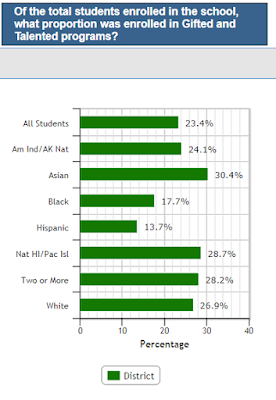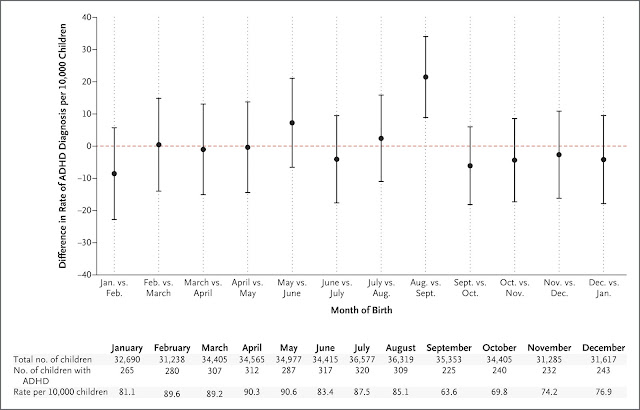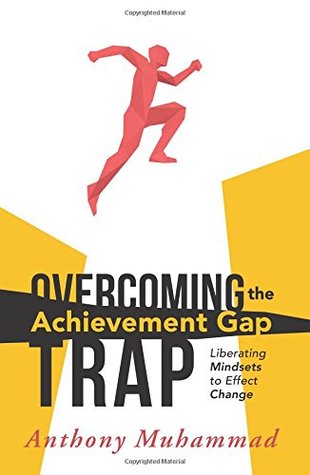Fairfax County School Board Will Address Inequity in Its Advanced Academic Program

It was my first time to witness a school board meeting in Fairfax county. Fairfax County School Board At-Large Member Karen Keys‐Gamarra last night requested the Board to consider a work session to discuss "inequities of opportunity and access for historically underrepresented populations to Advanced Academic Programs". This is certainly a good first step. What struck me the most however was what I heard before the meeting from a current student. The student talked about his experience of being enrolled in the gifted program in grade school during which he might have appeared a year ahead of his peers in math. Now, that he is in high school, he is now five years ahead in math. He is wondering whether his peers would not have fallen so far behind if they were likewise afforded the same opportunities and access that were given to him. Poverty profoundly affects basic education in so many ways. One way poverty insidiously undermines education is by limiting opportunities. Ofte...















